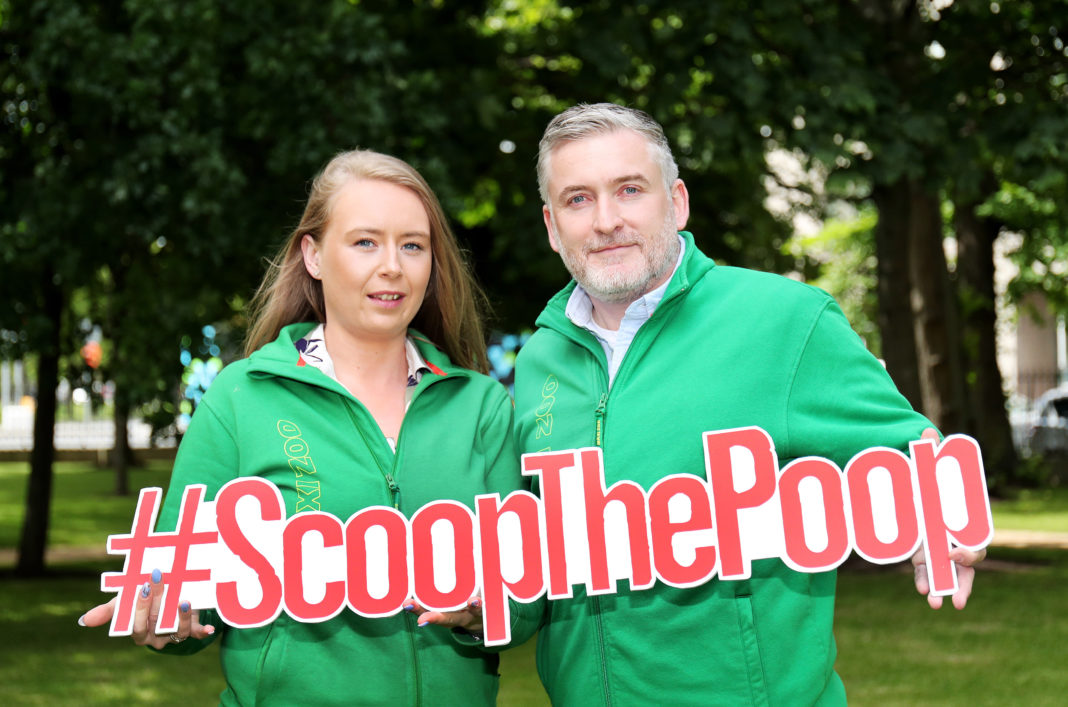Ireland is currently facing a serious dog fouling issue with the number of complaints to local authorities on the rise.
It is a public health concern and nuisance that is increasingly being discussed as one of the major urban issues in Ireland.
In fact, during the recent local elections, one of the biggest complaints that many candidates heard on the doorsteps of Ireland, was the issue of dog fouling – and were asked if elected what would the candidates do about it
A recent survey found that 93% of dog owners believe that it is socially unacceptable to leave dog poop on the ground, however one in 10 of those asked felt embarrassed when they had to pick up their dog’s poop in public.
While the survey showed that the majority of respondents (92%) were responsible enough to bring poop bags with them while walking their dogs, 1% of those asked admitted that they never pick up their dogs poop!
Educating this small percentage of people could be the turning point in eradicating this issue in Ireland.
The survey, commissioned a survey to look into dog owners attitudes and behaviours on the subject of dog fouling, was undertaken by Maxi Zoo.
Luckily the survey showed that almost two thirds of the respondents think it is important to pick up after your dog as it is not good for the health of others.
One third of respondents felt that it was important as it is a form of littering, and the remaining 3% felt it was important in case they get fined.
This low stat isn’t surprising when in 2018 it was reported that in Dublin city only four such fines were issued by Dublin City Council.
Other key findings of the survey included:
– 95% of respondents believe that there are not enough dog waste bins in their local area.
– One in 10 people would leave their dogs poop on the ground if it was off path in a woodland area.
– Over half of dog walkers admitted they would not pick up another dogs poop – even if it was next to their own.
– Over 50% of the respondents believe that the poop bag material would influence their purchasing behaviour. With over 53% of those choosing degradable or biodegradable plastics.








